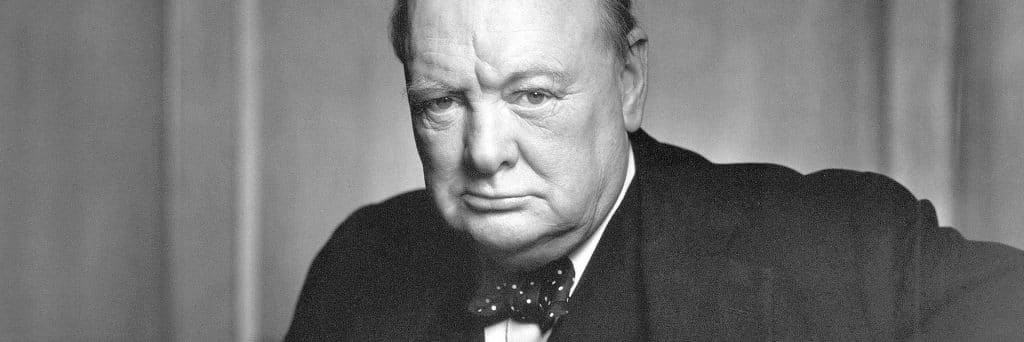The Early Life and Political Beginnings of Winston Churchill
Born in 1874 at Blenheim Palace, Sir Winston Leonard Spencer Churchill was the eldest child of Lord Randolph Churchill and American heiress Jennie Jerome. Following an education geared towards the military, Churchill enlisted in the British Army in 1895 and served in India. This period also marked the beginning of his writing career, as he secured a journalist position with The Morning Post and authored several military books.
From Soldier to Politician: Entering the House of Commons
With his sights set on a political career, Churchill began speaking at Conservative Party meetings. This involvement led to his selection as a candidate for the 1899 Oldham by-election, though the Conservatives narrowly lost to the Liberal Party. Undeterred, he contested the 1900 general election and secured his first seat in the House of Commons at the young age of 25.
Crossing the Floor: A Shift in Political Allegiance
Churchill’s political path wasn’t always straightforward. He occasionally clashed with his party’s views, even voting alongside Liberal leader Sir Henry Campbell-Bannerman. In 1904, following Conservative Prime Minister Arthur Balfour‘s resignation, Churchill crossed the floor and became a Liberal MP, a party affiliation he maintained until 1924.
The Wilderness Years and the Call to Arms
During most of the 1930s, Churchill found himself out of office. However, he became a vocal advocate for British action against the rising threat of Nazi Germany. With the outbreak of war, he was reappointed First Lord of the Admiralty, and from 1940 to 1945, he served as Prime Minister of the coalition government, replacing Neville Chamberlain.
The Indomitable Spirit: Churchill’s Leadership in WWll
Winston Churchill’s premiership during World War II stands as a defining moment in British and global history. As Nazi Germany swept across Europe in 1940, Britain faced the very real possibility of invasion. In this darkest hour, Churchill’s unwavering resolve and powerful oratory rallied the British people. His speeches, filled with defiance and pronouncements of “fighting on the beaches” and “never surrender,” became a beacon of hope for the Allies. Beyond rhetoric, Churchill’s leadership was crucial in securing vital aid from the United States through his close relationship with President Franklin D. Roosevelt. This alliance, formalised in the Atlantic Charter, proved decisive in turning the tide of the war.
Churchill’s strategic vision also played a significant role. He championed the North African campaign, recognised the importance of defending the Mediterranean, and advocated for the bombing of German cities. While not all his decisions were flawless, his unwavering determination and ability to inspire kept the Allied cause alive during the war’s most perilous moments.
Post-War Politics and Personal Life
Following the war, Churchill returned to his Conservative roots, leading the opposition party. A successful 1951 election campaign brought him back to power until 1955 when health concerns forced him to resign at the age of 79.
Beyond his political and military career, Churchill found personal happiness with Clementine Hozier, daughter of Sir Henry Hozier and Lady Blanche Hozier. They married in 1908 and remained so for 57 years, raising five children together (though only one lived to a ripe old age).
A Legacy Beyond Politics: Writing, Art and Recognition
Throughout his life, Winston Churchill remained a prolific writer and artist. His literary endeavours included a novel, biographies, memoirs, historical works and countless articles. His achievements were acknowledged in 1953 when he received the Nobel Peace Prize in Literature. Furthermore, Churchill secretly pursued painting under the pseudonym Charles Morin. Some of his artwork is on display at Chartwell, his family home at the time of his passing in 1965 at the age of 90. His wife, Clementine, followed him twelve years later at the age of 92.
